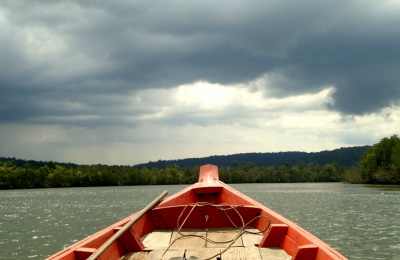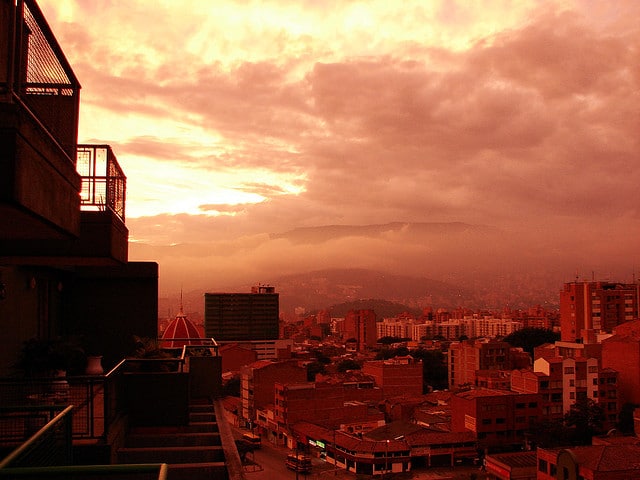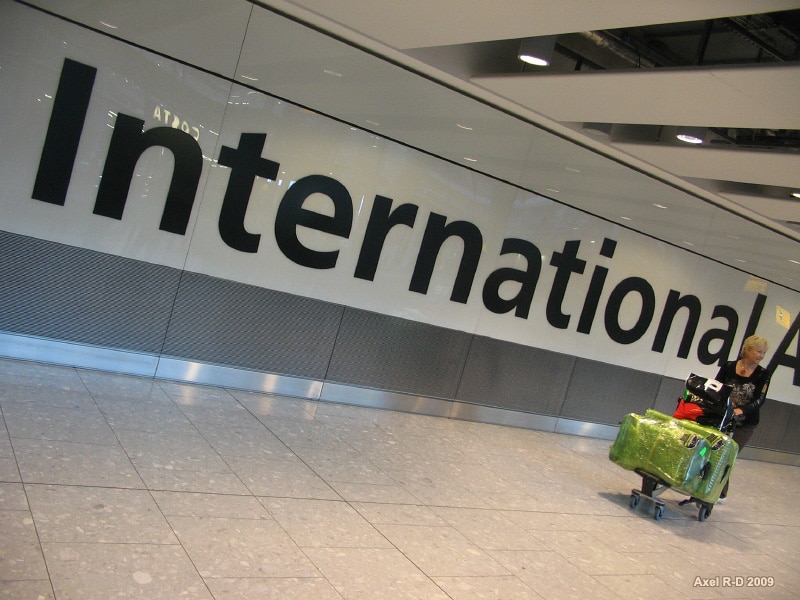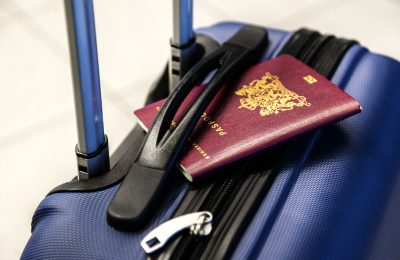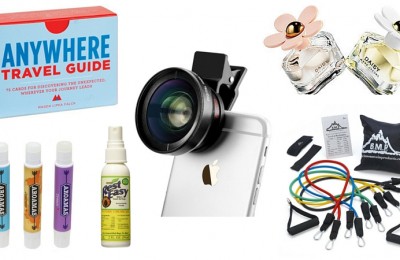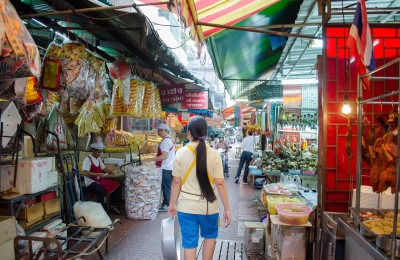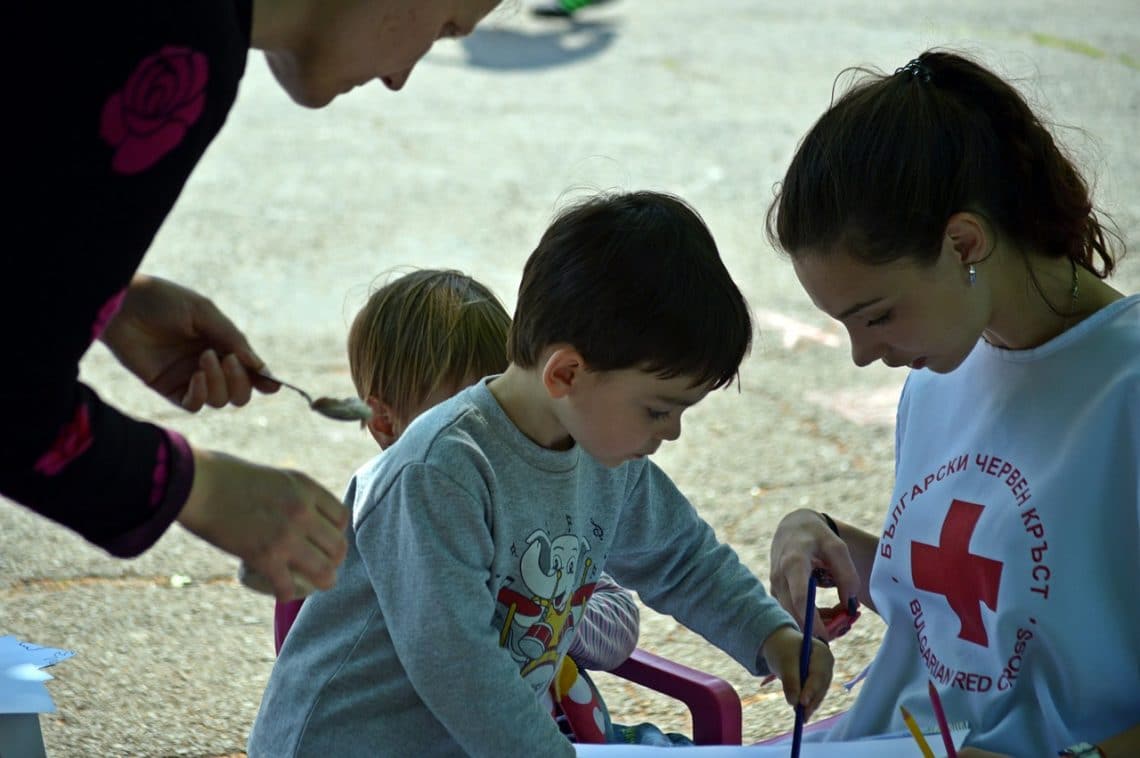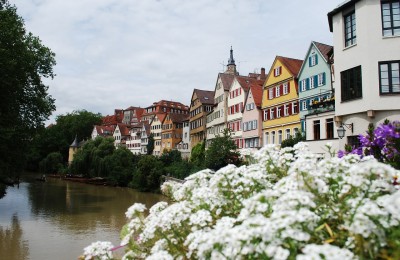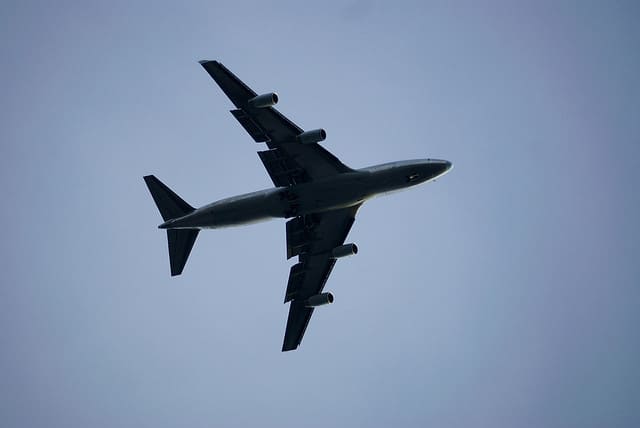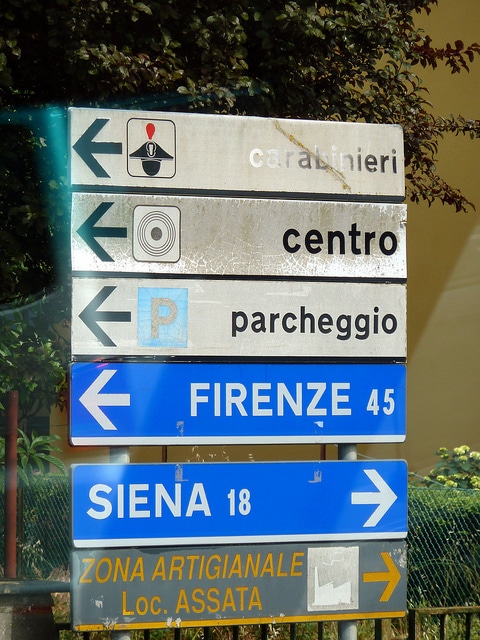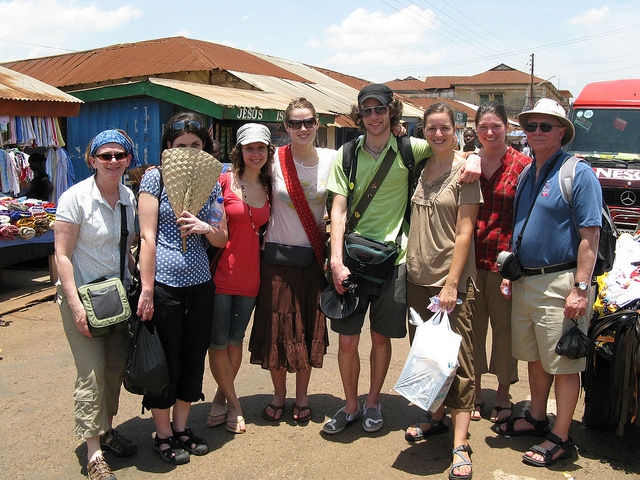If you’re anything like me, one of the main reasons you chose to go abroad was for the opportunity to travel. Weekend trips are a major part of the study abroad experience. Traveling on your own or with friends in a foreign place on a budget can be a little intimidating, and more often than not, things are not going to go exactly as you planned. But not to fear, with a few simple pre-departure steps, you can avoid total disaster and get the most out of your weekend away!
Do Your Research
Getting lost and not having a plan can be extremely rewarding in a new city, but being completely lost without a clue can be overwhelming. There’s no need to plan your whole weekend down to a tee, but don’t go in completely blind either. Research the city to make a general list of what you and your friends are interested in seeing, eating, and doing. A starting point won’t hinder your sense of spontaneity; it’ll just help you make the most of your weekend.
Wifi before you go
Take advantage of using your computer and wifi before you leave to look up whatever you may need to look up when you touch down in your weekend city of choice. For example, get directions that you’re going to need right away. Are you going to have to walk from a bus stop to your hostel? Google map the walking route and take a screen shot of it. Chances are you won’t have wifi access the second you get to Amsterdam. In some cases you might not have wifi access the whole weekend *cue nightmarish chills*. Better yet, go old school. Write down directions, addresses and key phrases in the language you don’t speak, because if your phone dies (and it will) at least you have your trusty piece of paper with all the essential information written upon it.
Read the fine print
When you study abroad, you’ll always be trying to travel in the cheapest way possible. This means using budget airlines, trains that leave the station at the crack of dawn, and coach buses whose websites are in languages you don’t speak (thank goodness for Google Translate). All these different forms of transportation have different rules and conditions. Make sure to read everything before you book. Find out what the luggage limits are, what is required to board (ticket, passport, ID, student papers, an arm, a leg, etc), where to board, if you have any layovers, station changes, and most importantly for the train and bus trips, which stop is yours. You’ll save yourself time, stress, money and embarrassment just by reading all terms and conditions carefully. You don’t want to be that group of Americans who didn’t even read the part on their RyanAir boarding passes that says you have to have a visa check before you go through security and have issues boarding the flight (yeah, that happened to me).
Have cash before you leave
This is not always going to be the easiest thing to do. For starters, you don’t want to be robbed blind by exchanging your Euros for Hungarian Forints at the airport before you fly to Budapest. But what you should do is go to Budapest with some of your Euros on hand, because in the worst-case scenarios that none of your debit or credit cards work, at least you have a little bit of cash you can then exchange to temporarily get you by until you figure out a more lucrative solution.
Leave Early
This applies for both getting to your weekend destination and getting back to your host city when the trip is over. Getting to and from airports and stations is a big process when you don’t have a helpful relative to give you lift or the money to afford a cab. Public transportation can be fickle, traveling with a group of friends can cause speed bumps, and mile-long lines at the airport can spell disaster. Nine times out of ten you’ll be cutting it really close, even when you leave early. So leave extra early.
Ask for help
One thing you will learn from your travels abroad is that the world is a generally good place and you’ll find that most people are nice. They are more often than not willing to help you if you need it. So if you’re lost, ask for directions. If you want a dinner recommendation, ask for a suggestion. If you need help, ask for it.
Take a deep breath
So, even with all of the preparation you’ve done, something might be going wrong on your trip. Maybe you missed your train, or your best friend’s debit card won’t work at any of the ATMs. Perhaps the hostel only has four beds when you show up, and you need five. It’s going to be okay, so remember to take deep breaths and everything will eventually work itself out.
How do you prepare for your travels so that you can avoid any disasters? Let us know in the comments.
Photo sources: James via Flickr, EnvironmentBlog via Flickr, The Consortium via Flickr


